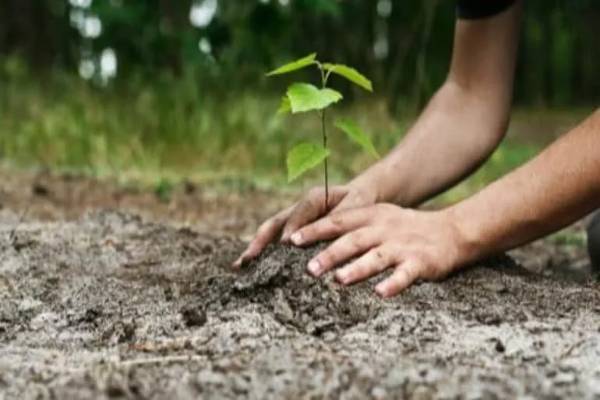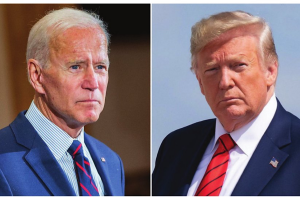When I read the draft of the story sent by our contributor Anit Mukherjea on Jasmit Singh Arora, the gentleman who has been sowing mango seeds across the country, I thought that it ought to be prominently displayed in our pages and read by as many people as possible. The delightful mission of the “mango guthli man” as he has fondly been referred to, needed to be emulated.
It was in class, in elementary school, that I first heard about Johnny Appleseed, the man who travelled across the United States planting seeds of the apple fruit. Our teacher, Ms Nancy Bean, narrated his inspiring tale with so much intrigue, I dreamt that one day I too would do what he did. Except that I would not limit the mission to any one type of tree but plant different varieties. There were plenty of orchards of peaches, cherries, berries, strawberries, grapes, oranges and of course apples across the US. What it needed were orchards of palms, dates, jackfruits, bananas, coconuts and of course mangoes. I had decided, even at the early age, that India’s indigenous trees, namely and sandalwood would not be distributed as it would disturb the natural order of things. But other trees would have to be spread to the far ends of the earth. The image of travelling through diverse terrains, from deserts to desolate wastelands, sprinkling seeds of all kinds stayed with me for days until the dreams faded with time and eventually dismissed as naïve childhood fantasies which would never come to fruition.
Therefore, when I read about Aurora I was astonished that such seemingly impossible dreams too can come true and when there is a will determined enough, there really is a way.
At a time when deforestation has rendered our green planet virtually barren, these stories bring untold cheer and sheer joy. What seemed hopeless suddenly seems possible.
About a decade ago, there was a patch of land behind our apartment complex, which was covered in large trees. Though these were eucalyptus, known to monopolise nutrients in the soil to the deprivation of other species, these were nevertheless already there, towering in the sky, forming a veritable, if tiny, forest which attracted birds of a wide variety, including cuckoos, sparrows, parrots, etc. In the evenings, the breeze brought in a scent, an indescribably tangy fragrance, unique to this tree, part pine, part lime. Zephyrs rustled through its pale-green leaves at dawn replicating the sound of a distant seas and waves crashing on shore.
A promoter/developer had eyes on the property and planned to chop down the trees to construct a multi-story residential building. I had asked him not to. He heard me out rather than dismissing the idea outright but said he was helpless as his company, which had bought the plot of land, would incur a huge financial loss if they didn’t work according to the plan. Eventually the trees were chopped down and now in its place stands a concrete construction.
During the just-concluded Parliamentary elections, one of our freelance writers, Dr Anjal Prakash, who is an environmental scientist, had pointed out in an eye-opening article that political parties did not pay heed to “environment” as an election issue, squandering the chance to address and take on challenges like climate change. He decried their lack of attention to policy decisions that would focus on the urgent need to tackle environmental challenges.
It is always heartening to hear about individuals or groups of individuals who do something to try to reverse the trend. There is, for instance, Ivy Adak, a librarian at Kolkata’s Jadavpur University, who has not only filled her own flat, terrace and balcony with hundreds of potted plants, but she has taken up the task of planting saplings of India’s indigenous trees like neem, along either side of the long stretch of road leading to her house in Sonarpur.
Perhaps it is the individual, like Adak or Arora, who will usher in the change. Their policy decisions: action.












